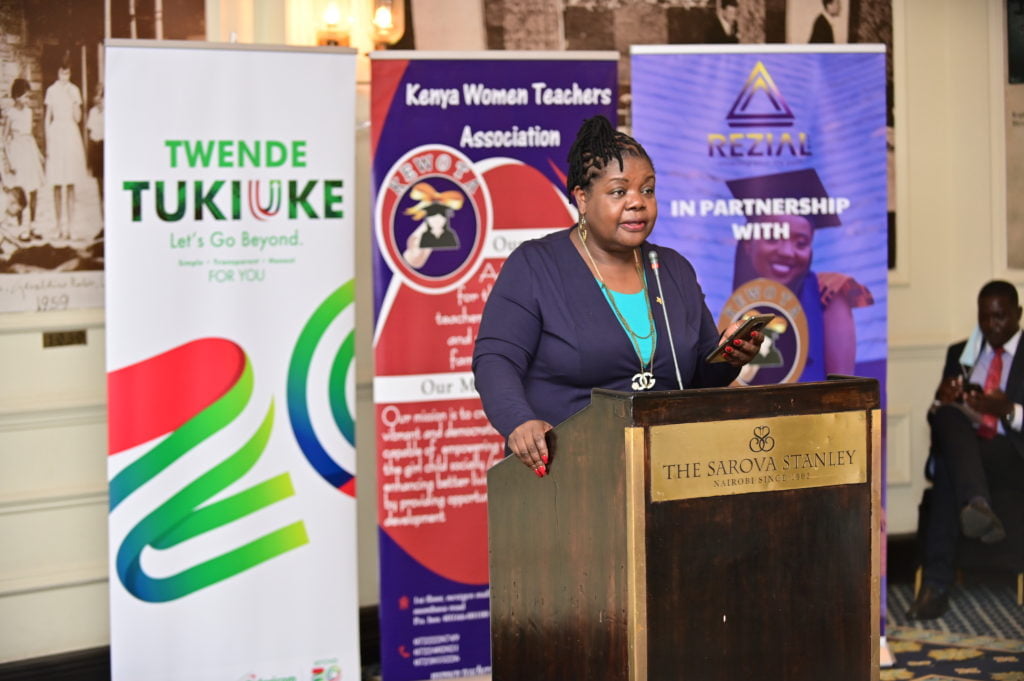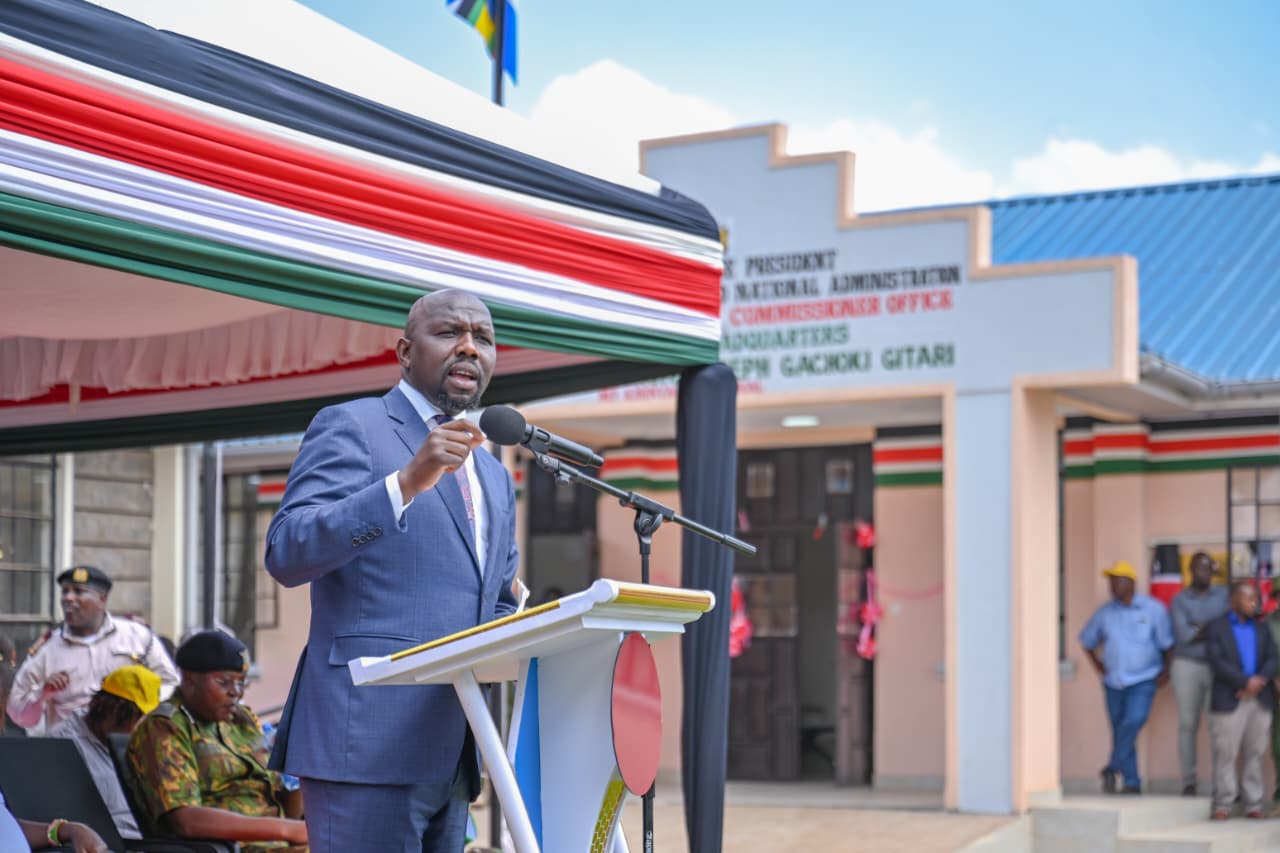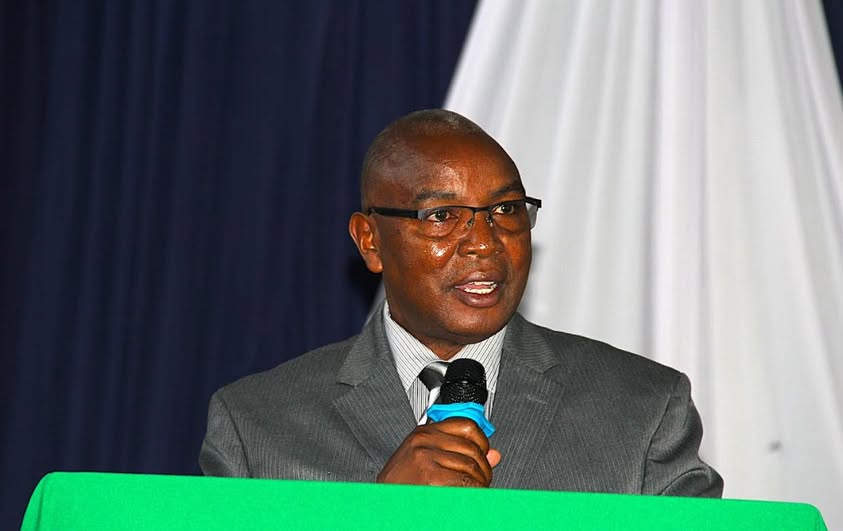A wave of unrest sweeping through secondary schools in the South Rift has sparked concern among parents, education officials, and community members, prompting urgent calls for intervention.
At least five schools, Litein Boys, Kiptewit, Tengecha Boys, Koiwa Boys, and Litein Girls, have been affected. Litein Girls was recently shut down temporarily amid fears of an impending strike.
Parents and stakeholders are now urging education authorities to act swiftly to address the root causes of the growing tension.
“As parents, we are extremely worried. Our daily lives are disrupted because we live in fear that our children might be caught up in strikes,” said Emily Ruto, a parent from Konoin. “We sacrifice a lot to pay school fees, and these disruptions only add to our burden. The causes of the unrest must be urgently addressed.”
ALSO READ;
Give JSS stand-alone school wings with separate heads, Ex-MP tells Govt
Florence Maina, a parent from Sotik Sub-county, echoed similar sentiments, calling for improved dialogue between students and school authorities.
“There’s an urgent need to establish proper communication channels that allow students to express their grievances,” said Maina. “Unrest should be prevented by all means, and that requires regular consultations between school management, parents, and other stakeholders.”
County Director of Education in Kericho Julius Ngoneshi condemned the incidents of unrest and confirmed that investigations are underway to determine the underlying causes.
“The situation is being taken seriously. Investigations have been launched, and we are working closely with school heads and other stakeholders to restore calm,” said Mr. Ngoneshi.
Tanzanian teacher fired for brutally punishing Form Two student
Experts say school unrest often stems from a combination of factors, including poor school administration, lack of student involvement in decision-making, strained student-teacher relationships, and inadequate infrastructure.
Additional triggers include the quality of food, exam-related anxiety, peer pressure, drug abuse, and external political influences.
Stakeholders are now calling for holistic solutions, including counseling services, improved learning conditions, and the strengthening of school governance structures.
As schools reopen in the coming weeks, many hope the current wave of unrest will be a turning point for deeper reforms in the county’s education system.
By Kimutai Langat
You can also follow our social media pages on Twitter: Education News KE and Facebook: Education News Newspaper for timely updates.
>>> Click here to stay up-to-date with trending regional stories
>>> Click here to read more informed opinions on the country’s education landscape






